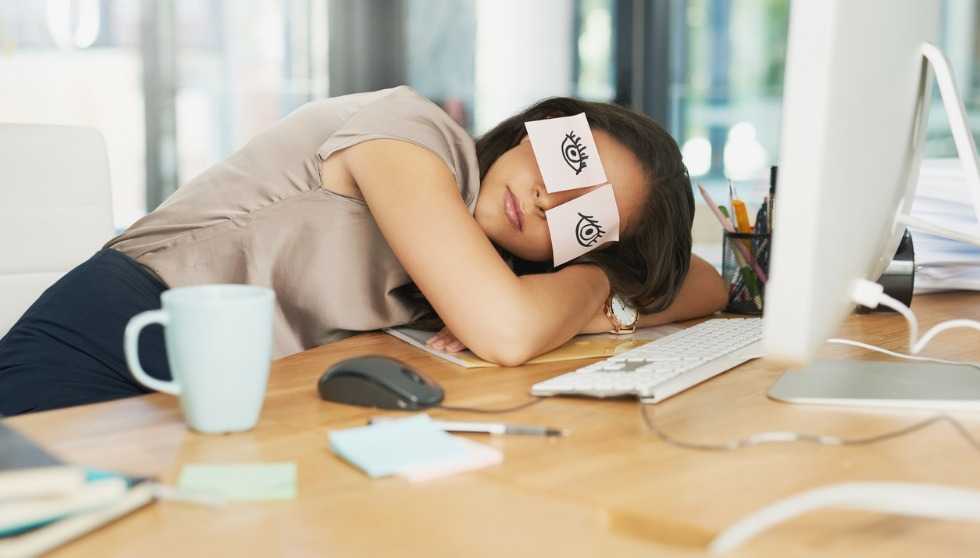
The changing nature of work has contributed to the loss of sleep for some workers, according to a leading academic

Employers should urge their workforce to prioritise sleep on World Day for Safety and Health at Work on 28 April to minimise the detrimental effects of sleep deprivation in the workplace.
Indeed, lead researcher of global HR think-tank Reventure, Dr Lindsay McMillan, said a survey of more than 1,000 Australian workers showed 38% were dissatisfied with their sleep patterns.
“More than one-third of Australian workers are dissatisfied with their sleep pattern and are more likely to also be dissatisfied with their physical wellbeing and their job,” he said.
“Whether you work in an office or on a construction site, getting enough quality sleep is important to safety and overall health and wellbeing, so it is crucial that we make it a priority.
“With the rise and rise of mobile devices in the workplace, some workers are finding it hard to switch off from work, which can also undermine healthy sleep patterns.”
He added that the changing nature of work has also contributed to the loss of sleep for some workers.
“Getting enough sleep is especially difficult for those working irregular shifts and it is a challenge more workers will face in the future with the increase of jobs that offer non-traditional hours.”
So what role should HR play in ensuring workers are getting enough shut-eye?
Dr McMillan added that employers should make sure that work is not interrupting rest and relaxation time.
“Making sure workloads are manageable and that expectations are reasonable will reduce the overtime that is eating into rest time,” Dr McMillan said.
The Workplace Wellbeing report is a national survey of over 1,000 Australian workers on workplace wellbeing and the programs that seek to support it.
Other sleep statistics include: